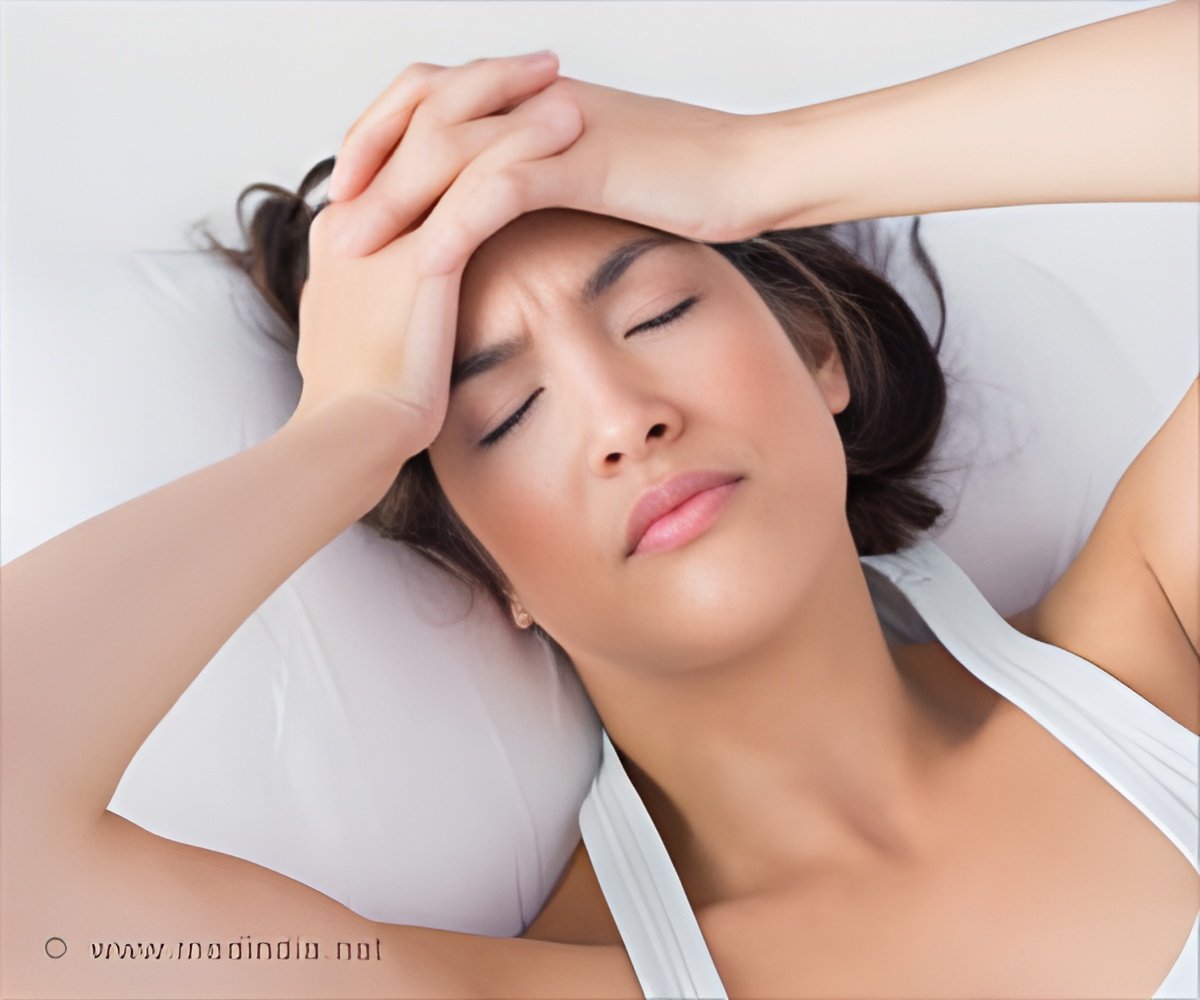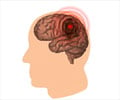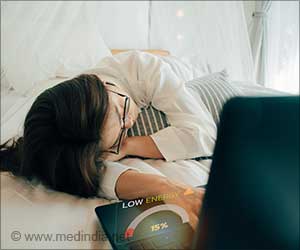Sleep-disordered breathing (SDB) and sleep-wake disturbances (SWD) may increase the risk for a first or secondary stroke and decrease stroke recovery

‘Sleep-disordered breathing and sleep-wake disorders increased the risk of stroke. Sleep is important for restorative functions in the brain and it enables neuronal plasticity processes, which are required for stroke recovery.’





Study co-author Dr. Dirk M. Hermann, of University Hospital Essen, Germany, and colleagues note that previous research has suggested a link between sleep disorders and stroke risk and recovery. In order to gain a better understanding of this association, the team conducted a meta-analysis of 29 studies that assessed how sleep disorders, such as insomnia and obstructive sleep apnea (OSA), may be associated with stroke and stroke recovery.In total, the studies involved 2,343 patients who had experienced either ischemic stroke, hemorrhagic stroke, or a transient ischemic attack (TIA), often referred to as a "mini-stroke."
Ischemic stroke is the most common form, accounting for around 87% of all strokes. This occurs when blood flow to the brain is blocked. Hemorrhagic stroke arises when an artery in the brain ruptures or leaks.
Transient ischemic attack does not last as long as ischemic or hemorrhagic stroke (blood flow to the brain is normally blocked for less than 5 minutes) but it is considered a warning sign for major stroke; if untreated, more than a third of people who have a TIA go on to have an ischemic or hemorrhagic stroke within a year.
Dr.Hermann and colleagues note that sleep disorders can usually be categorized in one of two groups, sleep-disordered breathing (SDB) such as obstructive sleep apnea, where breathing repeatedly stops and starts during sleep and sleep-wake disorders (SWD), such as insomnia, which reduces sleep duration, hypersomnia and restless leg syndrome
Advertisement
SDB was most severe for patients with ischemic or hemorrhagic stroke, and these disorders persisted during stroke recovery. However, the team notes that such problems improved with treatment, such as continuous positive airway pressure (CPAP), which provides the patient with a constant flow of air through the nasal passages during sleep.
The authors also found evidence to suggest that SWDs including insomnia, restless leg syndrome, and hypersomnia increase stroke risk and harm stroke recovery, though they note that such evidence was weaker than for SDB.
Sleep breathing problems have been linked with depression, high blood pressure, type 2 diabetes and heart disease while sleep-wake disorders have also been associated with the aforementioned conditions.
While the study does not pinpoint the exact mechanisms by which sleep disorders may lead to stroke and hinder recovery, Dr. Hermann told about one possible pathway. "Sleep has important restorative functions in the brain," he explained. "Sleep enables neuronal plasticity processes, which are required for stroke recovery."
Based on the evidence, the researchers believe individuals who have had a stroke should be monitored for sleep disorders. While there are a number of drugs that are available for sleep disorders, the research team is cautious to recommend them for stroke patients, due to insufficient evidence of their safety in this population.
Source-Medindia















